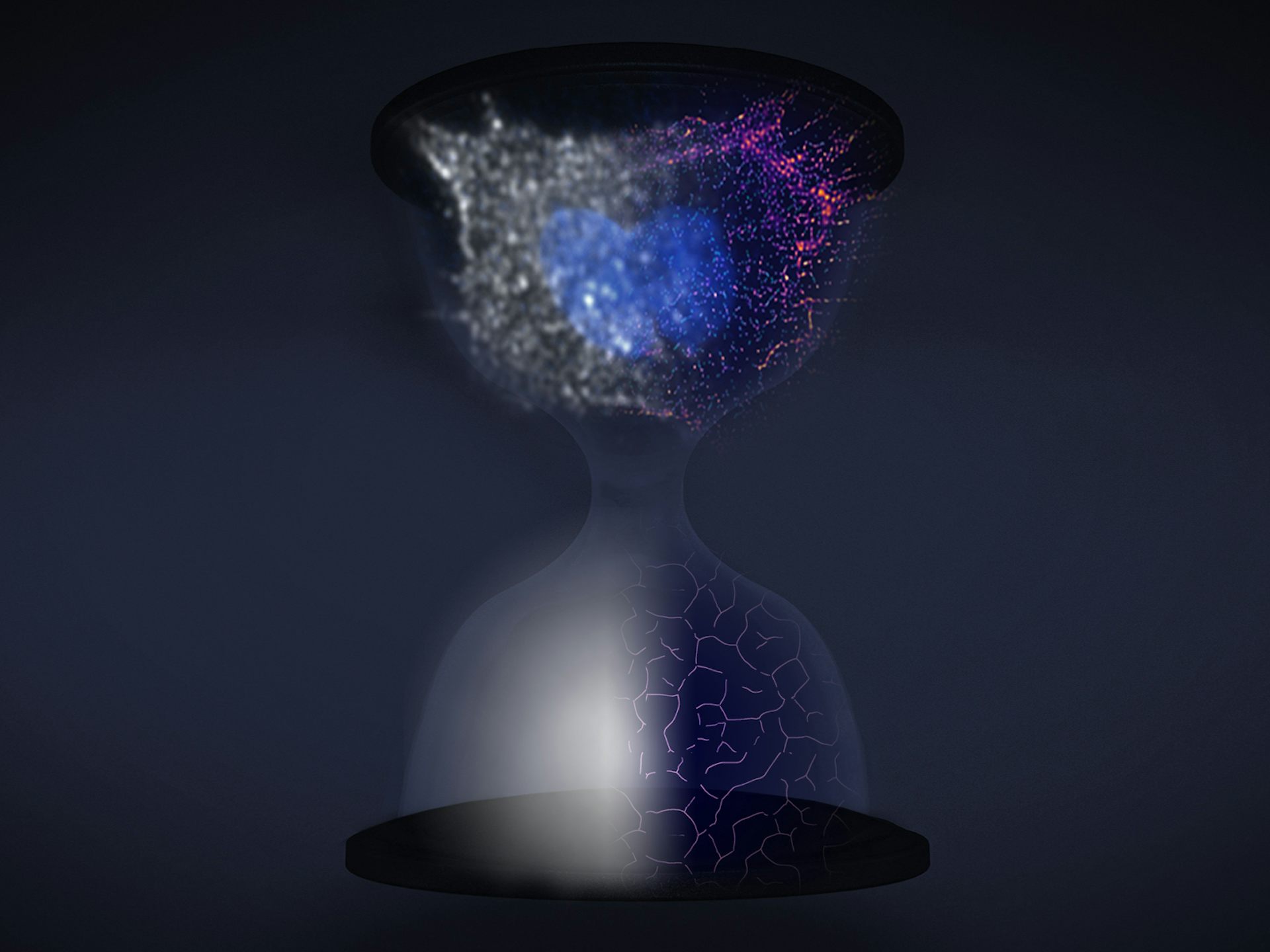Welcome to DU!
The truly grassroots left-of-center political community where regular people, not algorithms, drive the discussions and set the standards.
Join the community:
Create a free account
Support DU (and get rid of ads!):
Become a Star Member
Latest Breaking News
Editorials & Other Articles
General Discussion
The DU Lounge
All Forums
Issue Forums
Culture Forums
Alliance Forums
Region Forums
Support Forums
Help & Search
Science
Related: About this forumZooming across time and space simultaneously with superresolution to understand how cells divide
The Conversation U.S.
@TheConversationUS@newsie.social
Cells can be seen dividing in unprecedented detail with a new kind of superresolution imaging developed by a team at the University of Michigan.
Read more here and see the beautiful images ⬇️
#science #research #biology
https://theconversation.com/zooming-across-time-and-space-simultaneously-with-superresolution-to-understand-how-cells-divide-203324
https://newsie.social/@TheConversationUS/110843064772815855
excerpt from the linked article
Zooming across time and space simultaneously with superresolution to understand how cells divide
Published: July 20, 2023 8.30am EDT
Cell division, or the process of how daughter cells emerge from a mother cell, is fundamental to biology. Every cell inherits the same protein and DNA building blocks that make up the cell it originally came from. Yet exactly how these molecular building blocks arrange themselves into new cells has remained a mystery.
Studying cell division requires simultaneously viewing nanometer-scale macromolecules like proteins and DNA all the way up to millimeter-scale populations of cells, and over a time frame that ranges from seconds to weeks. Previous microscopes have been able to capture tiny objects only in short time frames, typically just tens of seconds. There hasn’t been a method that can examine a wide range of size and time scales all at once.
My team and I at the University of Michigan’s Bioplasmonics Group developed a new kind of superresolution imaging that reveals previously unknown features of how cells divide.
Illustration depiecting superresolution over time as an hourglass, where the bottom shows a protein and the top a dividing cell going from unresolved to resolved

This hourglass depicts the process of superresolution over time, where the bottom shows a protein and the top a dividing cell going from unresolved, at left, to resolved, at right. Somin Lee, CC BY-ND
Advancing superresolution imaging
It wasn’t possible to view cells at the molecular level until recently with the 2014 Nobel Prize-winning development of superresolution.
Zooming across time and space simultaneously with superresolution to understand how cells divide
Published: July 20, 2023 8.30am EDT
Cell division, or the process of how daughter cells emerge from a mother cell, is fundamental to biology. Every cell inherits the same protein and DNA building blocks that make up the cell it originally came from. Yet exactly how these molecular building blocks arrange themselves into new cells has remained a mystery.
Studying cell division requires simultaneously viewing nanometer-scale macromolecules like proteins and DNA all the way up to millimeter-scale populations of cells, and over a time frame that ranges from seconds to weeks. Previous microscopes have been able to capture tiny objects only in short time frames, typically just tens of seconds. There hasn’t been a method that can examine a wide range of size and time scales all at once.
My team and I at the University of Michigan’s Bioplasmonics Group developed a new kind of superresolution imaging that reveals previously unknown features of how cells divide.
Illustration depiecting superresolution over time as an hourglass, where the bottom shows a protein and the top a dividing cell going from unresolved to resolved

This hourglass depicts the process of superresolution over time, where the bottom shows a protein and the top a dividing cell going from unresolved, at left, to resolved, at right. Somin Lee, CC BY-ND
Advancing superresolution imaging
It wasn’t possible to view cells at the molecular level until recently with the 2014 Nobel Prize-winning development of superresolution.
3 replies
 = new reply since forum marked as read
Highlight:
NoneDon't highlight anything
5 newestHighlight 5 most recent replies
= new reply since forum marked as read
Highlight:
NoneDon't highlight anything
5 newestHighlight 5 most recent replies
Zooming across time and space simultaneously with superresolution to understand how cells divide (Original Post)
BootinUp
Aug 2023
OP
The deeper we peer into space and the deeper we peer into our own molecules.
keithbvadu2
Aug 2023
#1
That's kinda because ... there's always more one could know about everything
Hugh_Lebowski
Aug 2023
#2
keithbvadu2
(40,915 posts)1. The deeper we peer into space and the deeper we peer into our own molecules.
The more we learn, the more we find that we do not know.
Hugh_Lebowski
(33,643 posts)2. That's kinda because ... there's always more one could know about everything
There was a time when it was a great revelation that all matter was made up a collection of fundamental atoms (elements) like hydrogen, helium, lithium, etc.
Then it was determined there were protons and electrons in atoms, valency states were discovered, etc.
Then science tried to break these down further into more fundamental entities like quarks and tried to understand those.
There's always 'more to know' as you delve further and further into the minute details of how something (anything) in the universe operates, on very, very microscales.
WheelWalker
(9,374 posts)3. In the reality of many realities,
how we see what we see affects the quality of our reality.